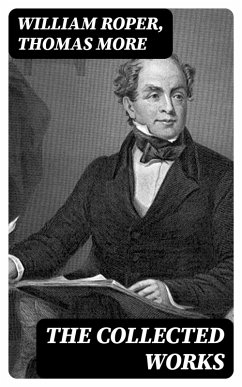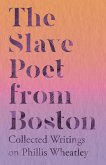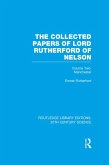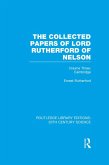The Collected Works presents an engrossing exploration of the intellectual and ethical dynamism of the Renaissance era, harmoniously juxtaposing the intricate reflections of William Roper with the thought-provoking legacies of Thomas More. This scholarly compendium draws together writings that traverse diverse literary terrains, from philosophical treatises to nuanced biographical sketches, encapsulating the fervent conversation between early modern humanism and religious devotion. Through an adept blend of styles-including rhetorical prose and incisive argumentation-this anthology transcends the mere historical, offering insights into enduring questions of morality, governance, and human nature. William Roper and Thomas More embody the vital confluence of biographical close-up and broader cultural critique, with their works serving as a prism through which the temperaments of their age come alive. Roper, More's son-in-law, offers a perspective enriched by personal insight, chronicling More's life with critical empathy and intimate detail. In concert, the collection embraces the vibrant discourse of the Renaissance, rendering visible connections to timeless themes such as justice, conscience, and resistance. These complementary voices collectively honor the spirit of inquiry and valorize the courage of upholding one's principles in the face of societal pressures. This anthology is a must-read for those seeking a deeper understanding of Renaissance thought, offering a rare opportunity to engage with the eloquent dialogues between two profound minds. It not only furnishes an educational tapestry of historical insights but also fosters a space for reflection upon the moral challenges that remain relevant today. Readers will find The Collected Works indispensable for its breadth of perspective, inviting them to traverse and appreciate the multifaceted narratives that illuminate the intersection of personal and political, past and present.
Dieser Download kann aus rechtlichen Gründen nur mit Rechnungsadresse in A, B, BG, CY, CZ, D, DK, EW, FIN, F, GR, H, IRL, I, LT, L, LR, M, NL, PL, P, R, S, SLO, SK ausgeliefert werden.









